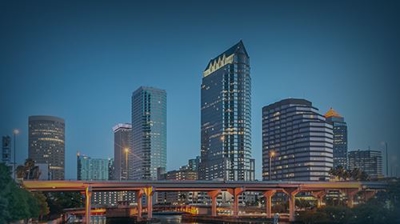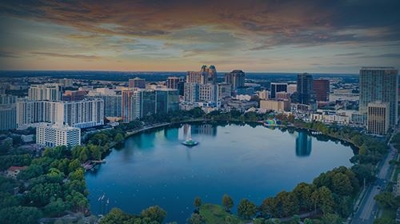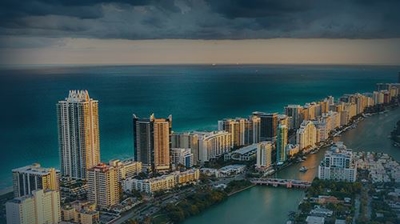

Due Process in Immigration Proceedings
What is Due Process?
Due process is one of the seminal principles in immigration law. Due process in immigration proceedings is guaranteed by the Fifth Amendment of the United States Constitution. The Fifth Amendment guarantees a fair hearing to immigrants in removal proceedings. A violation is consequential and could lead to the termination of proceedings, the reopening of proceedings, or the dismissal of the Notice to Appear.
An immigrant must have a liberty interest that is protected for the Due Process violation to occur. Valencia-Alvarez v. Gonzales, 469 F.3d 1319, 1330 n.13 (9th Cir. 2006). If the immigrant is ineligible for the relief sought, there will be no Due Process violation. Id. The denial of discretionary relief, by itself, without prejudice, would not be deemed a violation. Sandoval-Luna v. Mukasey, 526 F.3d 1243, 1247 (9th Cir. 2008).
Contact us about due process in immigration today.

-
 Headquarters Tampa
Headquarters Tampa10936 N 56th St, Suite 202
Temple Terrace FL 33617 United States -
 BY APPOINTMENT ONLY St. Petersburg
BY APPOINTMENT ONLY St. Petersburg8130 66th St N #3
Pinellas Park, FL 33781 -
 BY APPOINTMENT ONLY Orlando
BY APPOINTMENT ONLY Orlando1060 Woodcock Road
Orlando, FL 32803, USA -
 By Appointment Only New York City
By Appointment Only New York City495 Flatbush Ave. Second Floor
Brooklyn, NY 11225, USA -
 BY APPOINTMENT ONLY Miami
BY APPOINTMENT ONLY Miami66 W Flagler St 9th Floor
Miami, FL 33130, United States -
 BY APPOINTMENT ONLY Washington
BY APPOINTMENT ONLY Washington1201 Connecticut Ave NW Suite 600
Washington, District of Columbia 20036

Attorney Ahmad Yakzan came to the United States as a young man to pursue a dream that seemed elusive at times. He struggled but knew what he was aiming for was worth it because he met people who helped him with his goals. Although the dream seemed distant, he carried on.


Why Choose Our Firm
Work With An Immigration Attorney Who's Been There
-
Ultimate ConvenienceAttorney Ahmad Yakzan is your reliable immigration attorney from St. Petersburg Tampa, Florida to Washington, D.C. We also have offices that are conveniently located to serve you in Clearwater, Dunedin, New Port Richey, Oldsmar, Land o’ Lakes, Plant City, Lakeland, and Zephyrhills.
-
Flexible CommunicationFor your convenience, we offer in-person, phone, or teleconferencing consultations. Attorney Ahmad Yakzan would be glad to accommodate you in one of our offices in St. Petersburg and Tampa, Florida.
-
Competitive PricesSpare no expense in attaining and protecting your American Dream® with the help of Attorney Ahmad Yakzan. Our small consultation retainer will be credited towards our legal fees when you retain our office. We offer competitive rates for excellent legal services.
Contact Us Today






